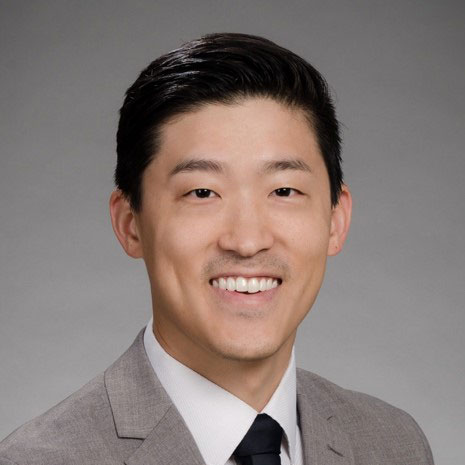
Degrees:
MD – Baylor College of Medicine
MSc (Masters of Science) – University of Pennsylvania
Occupation & Employer: Board-certified Internal Medicine Physician at the University of Washington Medical Center and the Medical Director of Payment Strategy at UW Medicine, both in Seattle, Washington.
What brought you to TAMS?
The opportunity to push myself academically and do one of two things as quickly as possible: find my area(s) of passion and engage with others enough to cross them off the list.
What did you enjoy most about your time at TAMS?
Easy to say, but true: the people. One can learn biology, physics, literature in one of the countless settings and places. That has only become truer since I graduated from TAMS with the rise of web-based learning. In my opinion, the key point is that where you learn, and whom you learn with and from, are what make all the difference, and TAMS provided stellar environments for both.
How did your experience at UNT and TAMS shape your career path?
Beyond practical benefits (e.g., exposing me to relevant topics and courses), I was able to build a community of friends – and in many cases, future colleagues – who were instrumental in helping shape my perspectives and post-graduation steps. The disasters averted and opportunities seized were key parts of my subsequent path.
What was the most valuable lesson – inside or outside the classroom – that you learned at UNT and TAMS?
“If you want to go fast, go alone. If you want to go far, go together.”
What did you do in the year immediately after graduating?
Continued my education at Rice University
Please share a memorable moment or experience from your time at UNT and TAMS.
There were too many to list here, but an experience I’d never experienced before TAMS, and haven’t since, was being auctioned off as a date for charity. A unique experience, to be sure.
How would you describe UNT, TAMS, and Denton?
As I native Texan, I had experiences with Denton and UNT prior to TAMS, and have had others since. But around my time at TAMS, it felt like a place that was large enough for me to engage with as a student, but small enough to also push me to explore beyond.
If you could back and do it all again, would you still attend TAMS? What would you do differently, if anything, during your time as a student?
No question. While there are always specific things one could pick at retrospectively as a “Monday morning quarterback”, the TAMS experience was very professionally and personally beneficial for me. Choosing to extend my college experience after TAMS, despite the potential time efficiency and accelerated timeline it afforded me, was probably the TAMS-related choice I’m most happy with.
What is your greatest professional accomplishment?
The way health care is paid for is not intuitive (some might even say highly confusing and convoluted), but understanding and helping guide it can be very meaningful because either directly or indirectly, payment systems affect every part of the practice of medicine. In that vein, I am proud of my recent appointment to the RUC Advisory committee, a capacity through which I work with other physicians on determining how to set payment rates for physician services nationwide.
What advice/insight do you have for TAMS alumni and students interested in your field?
A key part of my career development – in both clinical medicine and health policy and administration – has been seeking and receiving perspectives from individuals with a variety of backgrounds, experiences, and career trajectories. The old adage that we “don’t know what we don’t know” is certainly true in my field, and intentionally building a diverse set of mentors and colleagues can really help guard against this issue and speed career development.




